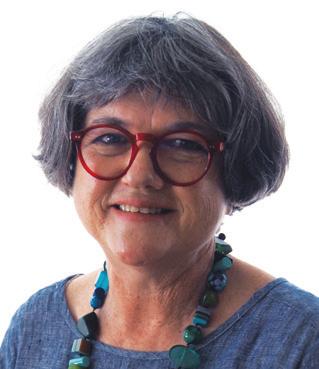
2 minute read
Winepress - September 2024
From the Editor
AS THE winter RSE workers pack up to head home and the summer workforce is preparing to arrive, the Government has announced some long-awaited changes to the Recognised Seasonal Employer scheme. These include allowing an additional 1250 workers for the 2024-25 season; lifting the amount that accommodation providers can charge for rent; and reducing the pay for those new to RSE work.
The announcement received a mixed response from NZ Ethical Employers (Vantage Point, page 6), who are calling for a long-term strategy rather than more Government quick fixes. NZEE also highlights the need for more co-ordination within the wine industry: “Without close communication about developments such as vineyard expansions or replanting, labour suppliers struggle to predict and plan for labour requirements. This lack of coordination exacerbates the challenges of meeting seasonal demand, highlighting the need for a more integrated and data-driven approach to setting RSE caps.”
There’s a knock-on effect for accommodation too - where will the extra workers live? Providing a home away from home for this vital workforce is not just a matter of bricks and mortar. We feature three RSE accommodation providers who share their experience of what does and doesn’t work.
Another issue on the minds of many is what to do about the volume of wine still in tank as the next vintage approaches. Beth Forrest, Chair of Marlborough Winegrowers, looks at current supply and sales and what needs to happen to keep the show on the road. Again, it comes down to communication – between growers, wineries and managers – to understand each other’s positions and work together to plan for the business ahead.
An extra boost for smaller wineries has come from recent changes to the law that makes it easier to set up a cellar door and charge for tastings. The timely passing of the Sale and Supply of Alcohol Amendment Bill means new cellar doors can start start work now on how they’re going to communicate their stories to this summer’s visitors.
BEV DOOLE









